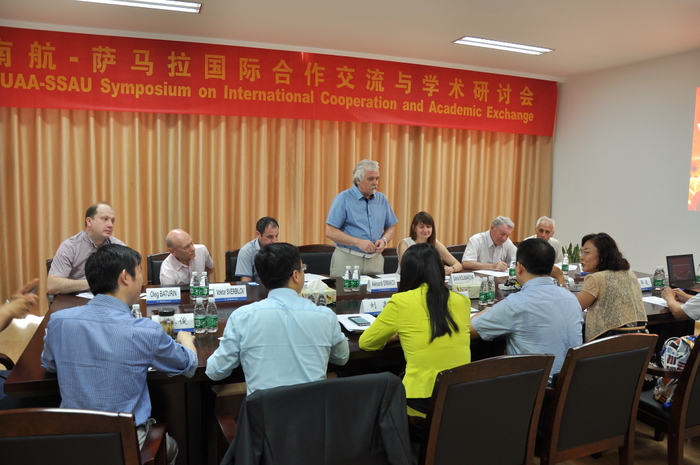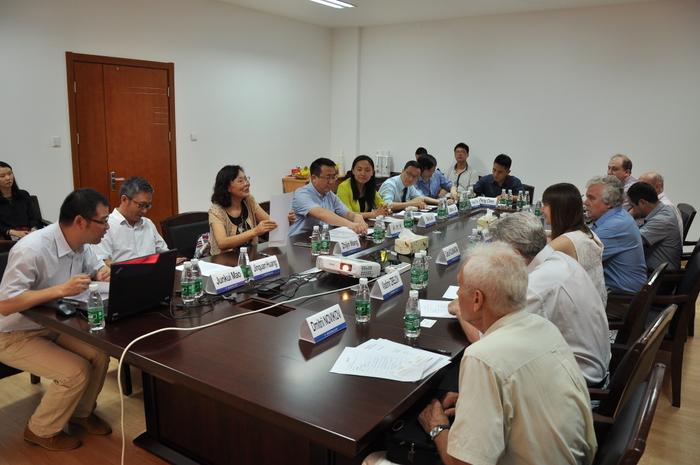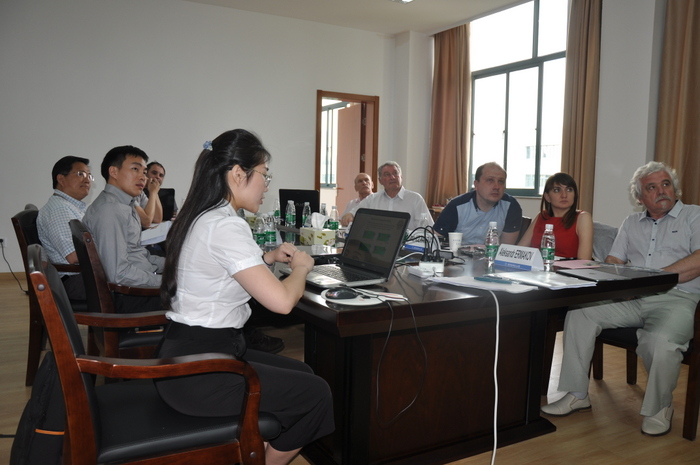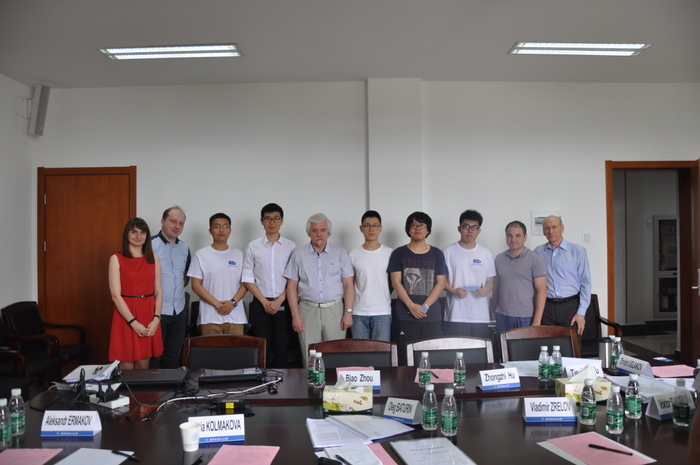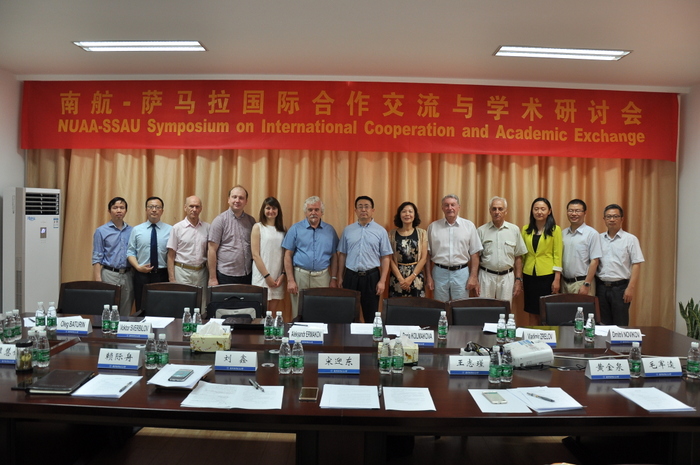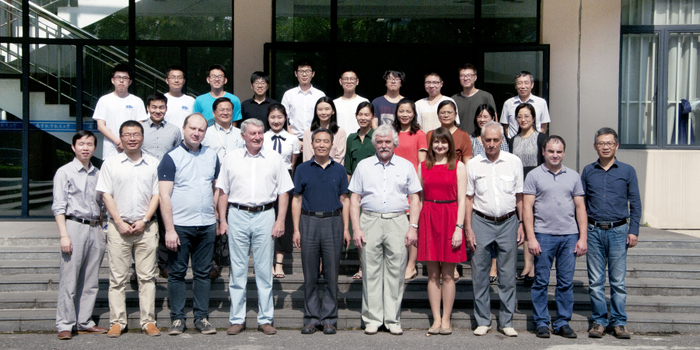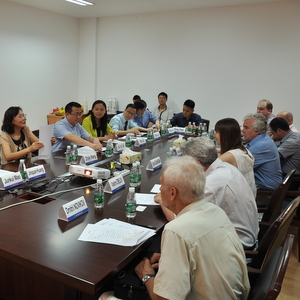In 2017 the double degree programme starts for the bachelors of Samara University Institute of Engine and Power Plant Engineering (IEPPE). It is being realized jointly with Nanjing University of Aeronautics and Astronautics, one of the best universities in aerospace sphere in China.
The cooperation agreement due to which both Russian and Chinese students can be educated in two world-famous universities at the same time and get the corresponding diplomas was signed in 2016. The bachelor programme is divided into 2 cycles – for 2 years the students are studying at Samara University, for the following 2 ones they are doing it at Nanjing University. The working language of the programme for Russian students in China as well as for the Chinese ones in Russia is English, but there are no rigid requirements to the level of its acquisition.
Traditionally IEPPE begins collaboration with foreign partners with an experiment, so that the sides could in practice get acquainted with the peculiarities and preparation level of a partner university. This year in the framework of experiment Samara University was visited by 10 students from Nanjing University from the College of Engines and Power Plants (the college is an analogue of the faculty in China). From March to June they were being trained at IEPPE and were working over their diploma works for bachelor’s degree. The result of this became the preliminary defence of their thesis researches at Samara University, and then the defence in Nanjing in the presence of the combined Russian-Chinese mission.
“Active study of engines and propulsion engineering is a trend in modern China. The government of PRC set the task to create their jumbo jet, for which, naturally, the engines are required. – Prof. Alexander Yermakov, director of IEPPE told. – We have been coordinating the programme with Nanjing University for a long time, the Chinese were interested in processes in an engine as well as systems of engine control. As a result, the bachelors from Nanjing were divided between the Department of Aircraft Engine Construction and Design, the Department of Aircraft Engine Theory, the Department of Power Plant Automatic Systems. Still their training was not limited only by the training at these departments”.
Alexander Yermakov mentioned that the completed work was tense and intensive both from the Chinese students’ side and the side of IEPPE lecturers: “Generally in a number of fields the bachelors from Nanjing had serious problems with knowledge, it relates to the peculiarities of the training programme. They study much fewer disciplines in China. When at Samara University in IEPPE students learn 10-12 disciplines, Chinese students have 5-6 ones. For example, they are not read courses on reliability, have weak knowledge in the sphere of construction and the level of training in a row of directions is much lower as well”.
Much strength and time was directed at the getting rid of these “gaps” by the lecturers and scientific advisors of IEPPE, but the efforts were justified completely. The highest level of graduation qualification works was marked at Nanjing University. According to the common opinion of the Russian and Chinese sides, a number of diploma works (especially on reverse, engine theory and construction) is worth of the master’s level.
“We were pleasantly surprised and impressed by the depth and level of the engineer training which was demonstrated by our students after the study at IEPPE of Samara University. A unique, systematic approach allows even for this term to get considerable success”, - Prof. Haitao Cui, dean of the college of engines and power plant engineering of Nanjing University, mentioned.
The results of the experiment were more than well-deserved. The joint programme with Nanjing University is going to be launched at full scale from 1 September 2017 and two out of ten Chinese bachelors who have defended their degree thesis are going to continue their study at Samara University as masters.
